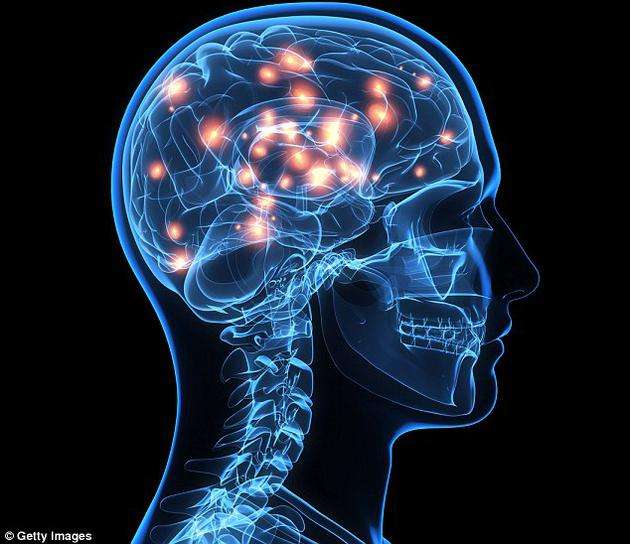Brain imaging studies by European researchers challenge the notion that the human brain is constantly thinking, pointing to a unique mental state in which the brain is essentially offline: a deep sleep-like state of mind. The pattern only appears when the person is awake.
The findings, published in the Proceedings of the National Academy of Sciences, show that the human mind cannot “flow” continuously.
The study’s lead researcher, Dr Athena DeMezzi, said: “Brain emptying is a relatively new mental state in the field of spontaneous cognition research. This research opens up exciting new avenues for understanding The biology behind the brain’s emptying while awake. The line between sleep and wakefulness may not be as sharp as it seems.”
Because brain activity changes continuously and rapidly, identifying the specific characteristics of brain emptying requires the use of robust analytical methods, the team said.
They reanalyzed a previously collected set of data. At the time, dozens of healthy participants were asked to choose the mental state that was closest to them among several options when they underwent magnetic resonance imaging of their heads. The researchers found that compared with other mental states, brain emptying was rarely reported and recurred over time.
Using artificial intelligence, scientists have discovered that all areas of the brain are communicating with each other at the same time when thinking is suppressed or when the brain is empty. This brain pattern was also characterized by “higher amplitudes of whole-brain fMRI signals,” which marked “lower levels of cortical arousal,” similar to deep sleep patterns.
This, the researchers say, could explain why people can’t report mental states because the brain can’t distinguish between signals — and suggests that so-called “unreportable transient mental events” can occur while a person is awake. The study paves the way for further exploration of the mechanisms behind the brain venting phenomenon, the researchers said.
in Environment, Health
New study: The brain also “empties” when we are awake
New research suggests that a person’s mind wandering while awake is a natural phenomenon—even if it can be annoying at times.




GIPHY App Key not set. Please check settings